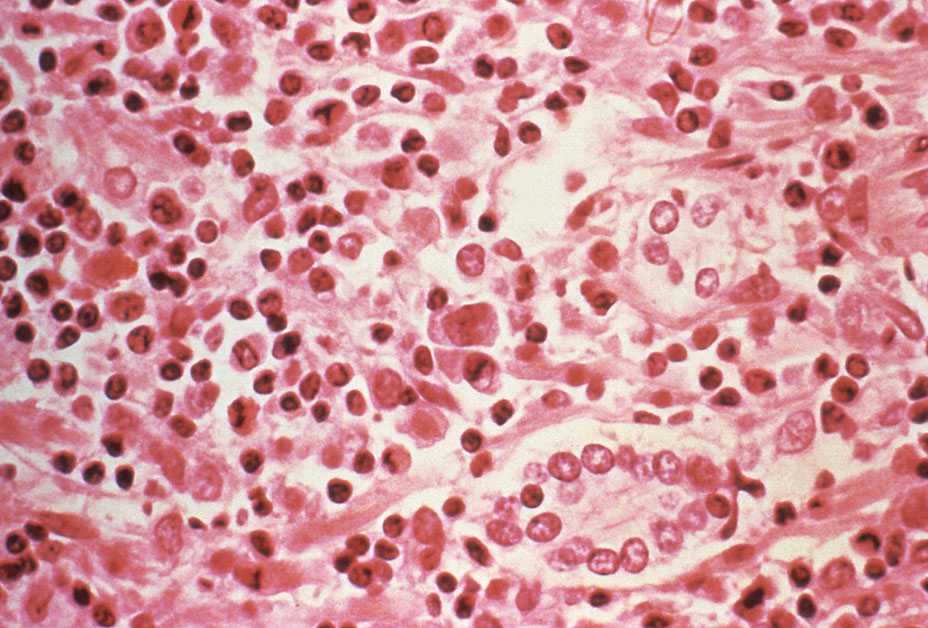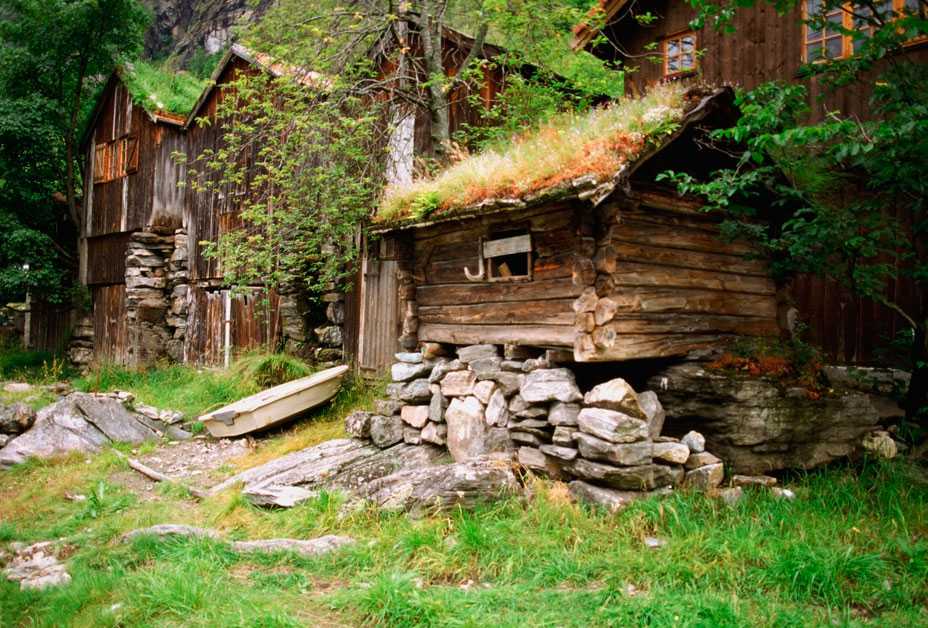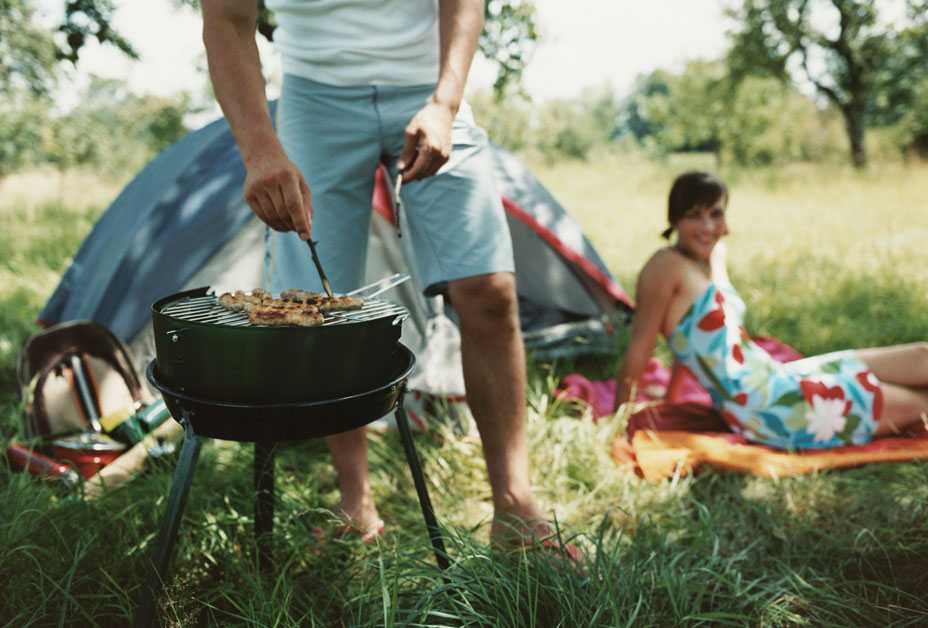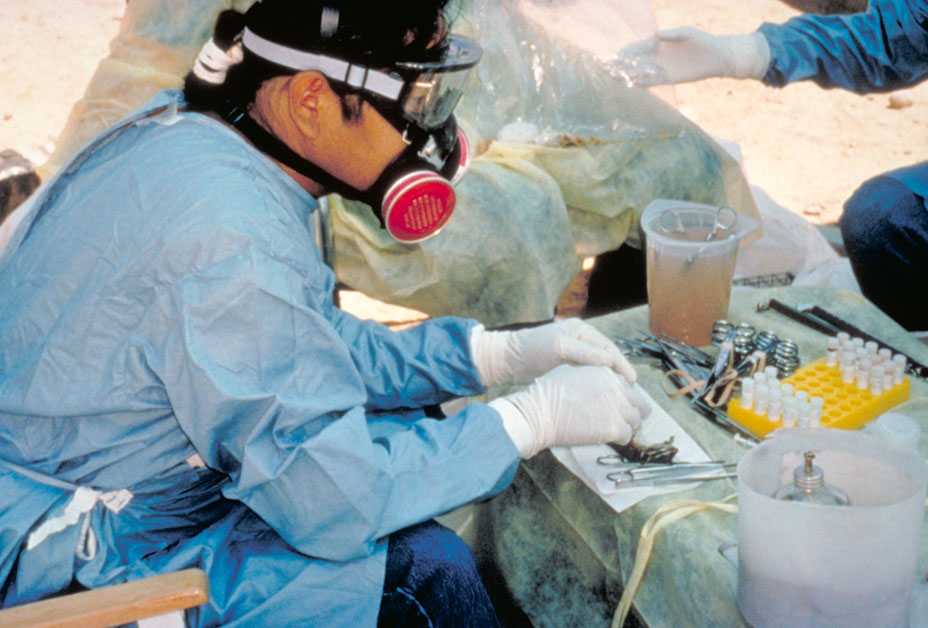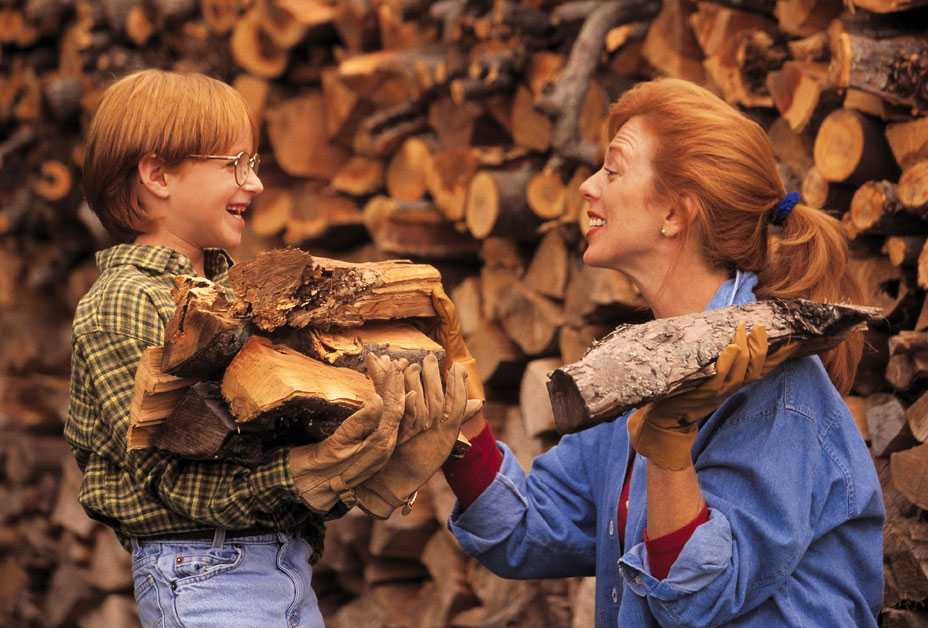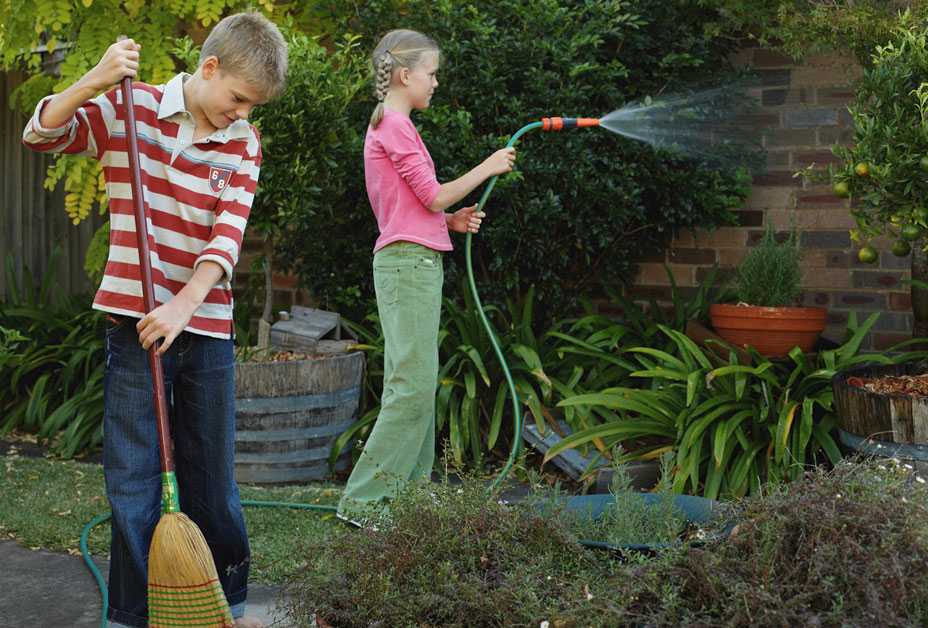Hantavirus

It's better to feed one cat than many mice ─ especially if those rodents have hantavirus. Deer mice and other rodents shed the virus in their urine, droppings, and saliva. When you open or clean cabins, sheds, or outbuildings (like barns and storage facilities) that have been closed for the winter, you can stir up fresh rodent urine, droppings, or nesting materials. Tiny droplets become airborne, and you can inhale hantavirus from the air and become sick with HPS. You cannot get HPS from touching somebody. Take these prevention tips along with you on your next camping trip.
Quiz
Key Facts
- HPS can strike anyone; however, people living in rural areas are more often affected.
- In addition to deer mice, cotton and rice rats, white-footed mice also carry the virus.
- Mice can squeeze through a hole the size of a nickel, and rats can squeeze through a hole the size of a half dollar.
Media
Prevention Tips
-
Seal up holes and gaps in your home or garage.
-
Place traps in and around your home to decrease rodent infestation.
-
Clean up any easy-to-get food.
-
Eliminate possible nesting sites and elevate hay, woodpiles, and garbage cans at least one foot off the ground.
- Page last reviewed: March 3, 2016
- Page last updated: March 3, 2016
- Content source:
- Centers for Disease Control and Prevention
- Page maintained by: Office of Associate Director of Communication, Division of Public Affairs


 ShareCompartir
ShareCompartir
